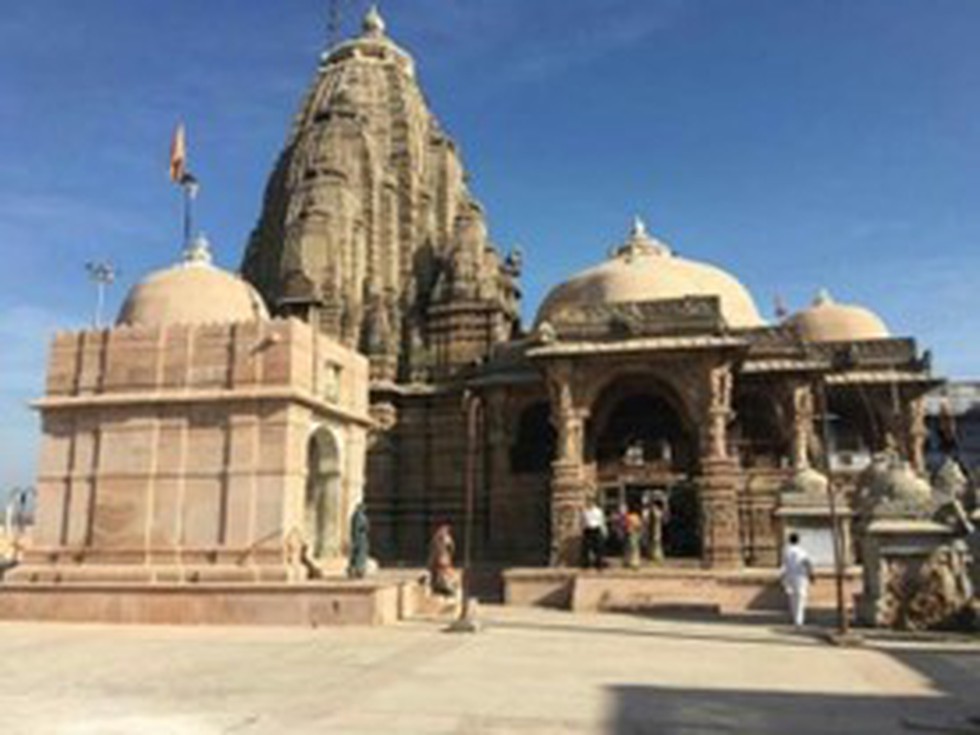In Gujarat’s Vadnagar, the remnants of a 2,800-year-old human settlement have been uncovered, coincidentally located in the native village of Prime Minister Narendra Modi.
Researchers from IIT Kharagpur, the Archaeological Survey of India (ASI), Physical Research Laboratory (PRL), Jawaharlal Nehru University (JNU), and Deccan College have collaborated on this discovery. The excavation, ongoing since 2016, has reached a depth of 20 meters, revealing seven distinct cultural stages dating back to 800 BC, according to Dr. Anindya Sarkar, Professor of Geology and Geophysics at IIT Kharagpur.
The findings, detailed in the paper ‘Climate, human settlement, and migration in South Asia from Early historic to medieval period: Evidence from new archaeological excavation at Vadnagar, Western India’ in the journal ‘Quaternary Science Reviews,’ showcase a diverse range of artifacts, including pottery, copper, gold, silver, iron objects, intricately designed bangles, and coin molds from the Indo-Greek rule.
ASI archaeologist Abhijit Ambekar, a co-author of the paper, asserts that Vadnagar, with its evidence spanning from Mauryan to British colonial rule, is the oldest continuously inhabited city within a single fortification discovered in India.
Additionally, Anindya Sarkar points out that unpublished radiocarbon dates suggest the settlement’s potential age of 1400 BC, indicating cultural continuity in India for the last 5,500 years and challenging the notion of a Dark Age. He notes that Vadnagar’s earliest settlement predates Buddhism and Jainism, beginning around 800 BCE during the early Iron Age or possibly the Late Vedic period.
Sarkar traces the city’s history through the Mauryan rule, its decline around 150 BCE with the fall of the Gupta Empire, and the subsequent de-urbanization, drying up of water bodies, famines, and population contraction across India. Over the last 2,200 tumultuous years of Indian history, Vadnagar has witnessed seven invasions from Central Asia, leaving their imprints on successive cultural periods.
Mukesh Thakor, the Archaeological Supervisor, attributes the city’s appearance of being a live city to its well-developed water management system. Notably, the site housed people of various faiths, and the excavation has unearthed over one lakh remains with around 30 sites explored in Vadnagar.
